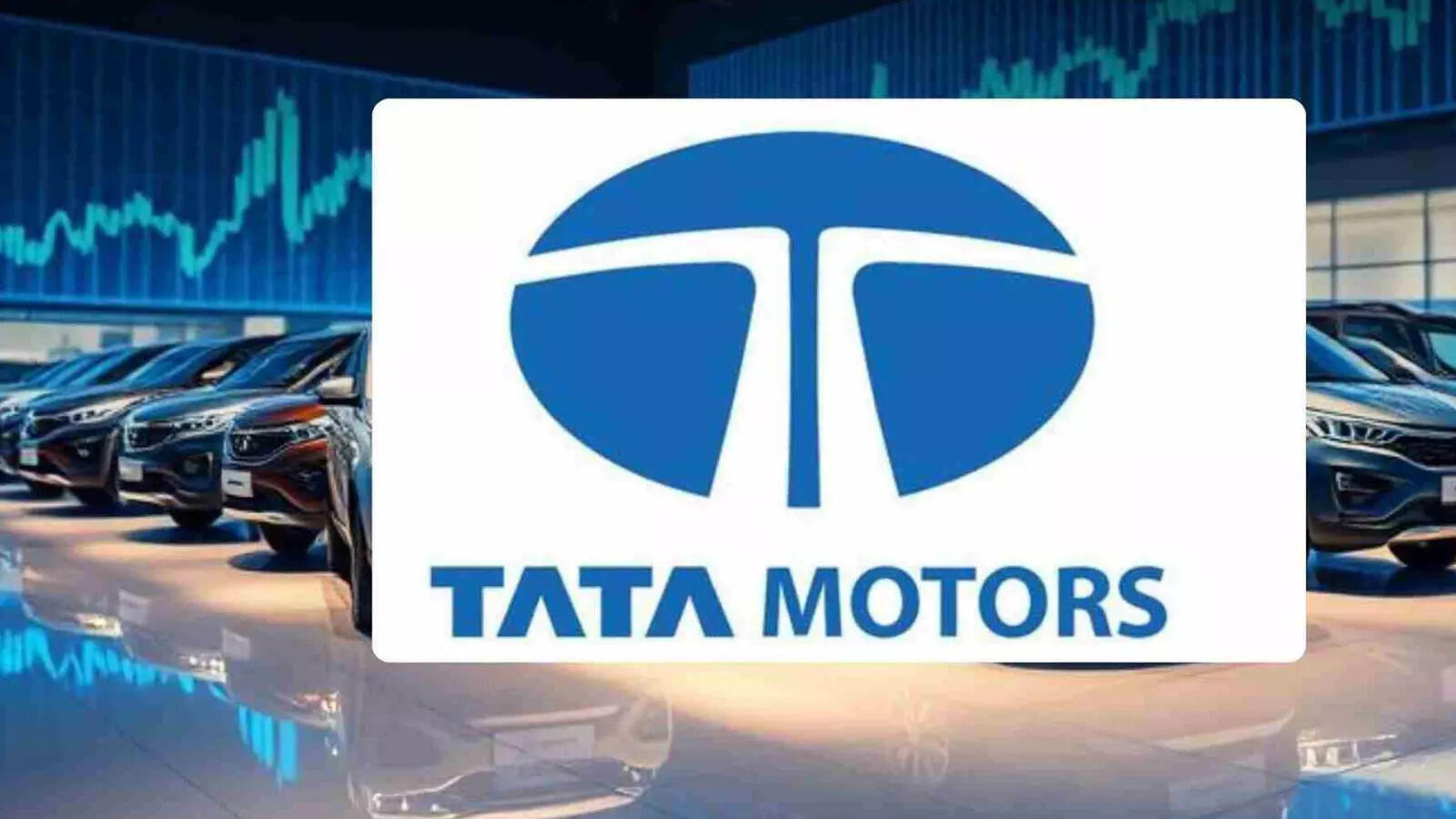
Shares of Tata Motors rose 3 per cent to hit a day’s high of ₹684.95 on the BSE today after expectations of a cut in GST rates on automobiles triggered a rally across the auto sector.
Analysts pointed out that Tata Motors stands out as a key beneficiary of the move, with nearly 87 per cent of its volumes currently taxed in the 28 per cent slab.
According to the recent developments, the government may reduce the 28 per cent slab to 18 per cent and simplify GST by removing the compensation cess. While this could weigh on government revenues in the near term, analysts expect it to revive auto demand, accelerate consumption, and support job creation.
Global brokerage firm HSBC noted that a shift from 28 per cent to 18 per cent would significantly ease affordability for Tata’s SUV-heavy portfolio, directly boosting demand, while domestic brokerage firm Motilal Oswal also flagged Tata Motors alongside Maruti Suzuki and Ashok Leyland as the primary gainers from the proposed GST reduction.
Adding weight, foreign brokerage Jefferies highlighted that commercial vehicles (CVs), currently taxed at 28 per cent, could also see their GST rate cut to 18 per cent, making Tata Motors, along with Ashok Leyland and Eicher, strong beneficiaries. This could help Tata Motors not only in passenger vehicles but also across its commercial vehicle division, strengthening its position in both segments.
The broader sector also rallied, with Hero MotoCorp, Maruti Suzuki, Ashok Leyland, TVS Motor, and Bajaj Auto advancing 5–8 per cent in morning trade. Maruti is seen benefiting from small cars currently taxed at 29–31 per cent, while Ashok Leyland gains from its large CV base.
Two-wheeler makers Bajaj, Hero, TVS, and Eicher are also expected to benefit if rates are cut from 28 per cent to 18 per cent.
Currently, small cars fall under the 29–31 per cent slab, while SUVs attract 45–50 per cent GST and cess, which analysts believe are unlikely to be reduced. EVs remain at 5 per cent, while hybrids—taxed at similar levels as ICE vehicles—could benefit if included in the revision.
For Tata Motors, the dual boost from passenger vehicle affordability and commercial vehicle tax relief could translate into a meaningful volume uptick and stronger competitive edge in the coming quarters.
